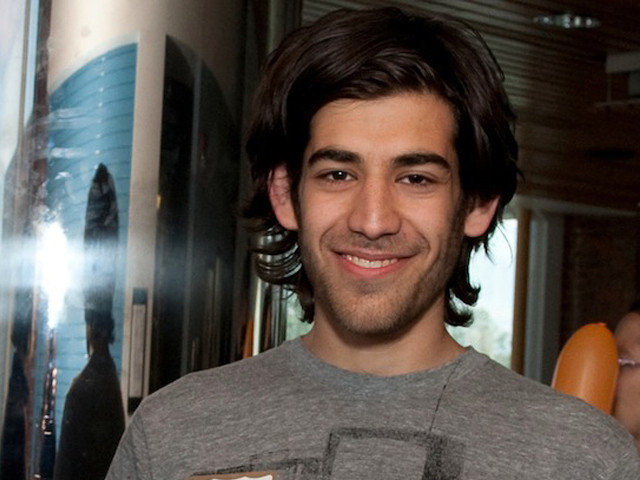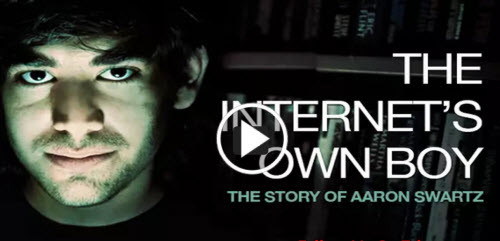Political Prisoners in the US
The United States Has Many Political Prisoners. Here’s A List
1. Journalists and national security state employees exposing illegal U.S. surveillance operations and war crimes
A number of whistleblowers in the United States have previously been imprisoned or are wanted. These have included:
- U.S. Army intelligence analyst Chelsea Manning
- NSA contractor Edward Snowden
- Air Force intelligence specialist Reality Winner
- CIA analyst John Kiriakou
- hacktivist Jeremy Hammond
- CIA officer Jeffrey Sterling
- NSA executive Thomas Drake
- hacktivist Aaron Swartz (November 8, 1986 – January 11, 2013)

- Air National Guard intelligence analyst Matt DeHart
- journalist Barrett Brown
- FBI agent Terry Albury
Petition To Release Political Prisoners
Jan. 9, 2022 - The United States currently homes at least 120 political prisoners. 67% are people of color, and 95% are in jail for anti-racist resistance, including at least 84 individuals incarcerated for their participation in the Black Lives Matter uprisings of 2014 and 2020. These cases require a political resolution, not deepened repression. TAKE ACTION

He was an American computer programmer, entrepreneur, writer, political organizer and Internet hacktivist who was involved in the development of the web feed format RSS and the Markdown publishing format, the organization Creative Commons, the website framework web.py and the social news site, Reddit, in which he became a partner after its merger with his company, Infogami.
The Internet’s Own Boy: documentary about Aaron Swartz
Film by Brian Knappenberger - Luminant Media
Creative Commons Attribution-NonCommercial-ShareAlike 3.0 Unported License
The film follows the story of programming prodigy and information activist Aaron Swartz. From Swartz's help in the development of the basic internet protocol RSS to his co-founding of Reddit, his fingerprints are all over the internet. But it was Swartz's groundbreaking work in social justice and political organizing combined with his aggressive approach to information access that ensnared him in a two-year legal nightmare. It was a battle that ended with the taking of his own life at the age of 26. Aaron's story touched a nerve with people far beyond the online communities in which he was a celebrity. This film is a personal story about what we lose when we are tone deaf about technology and its relationship to our civil liberties.

